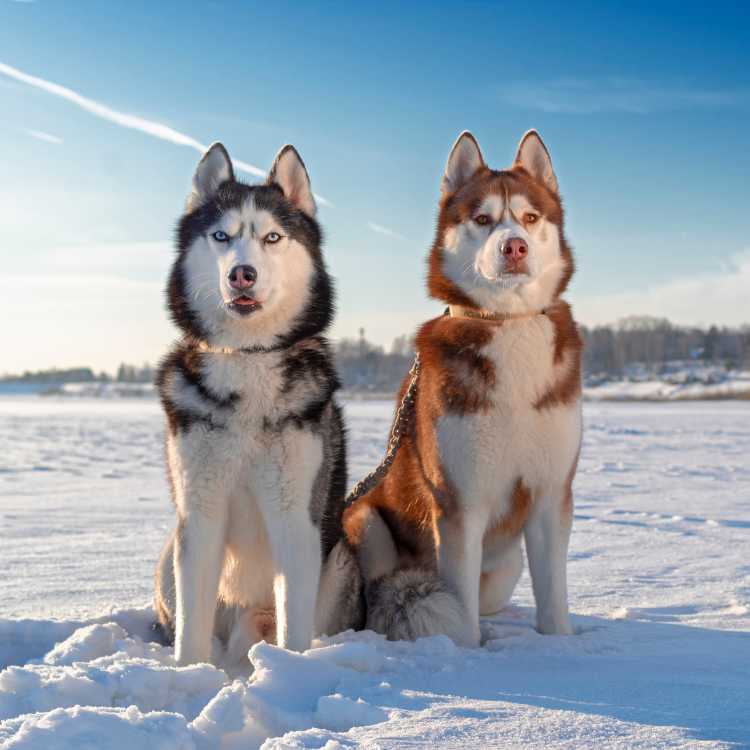Huskies are one of the most iconic dog breeds, known for their striking appearance, boundless energy, and rich history as sled dogs. Their wolf-like looks and striking blue eyes have captured the hearts of many, but Huskies are not for everyone. Before bringing a Husky into your home, it’s crucial to understand everything about them—from their temperament to their specific needs. This blog will help you determine whether a Husky is the right fit for your lifestyle.
Husky Dog Breed History and Origins
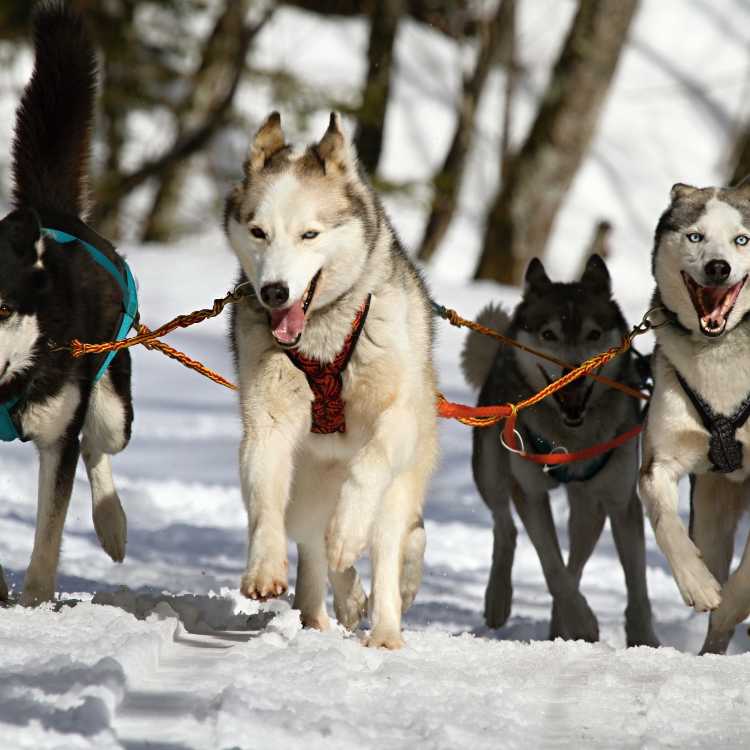
Huskies originate from the harsh climates of Siberia, where the Chukchi people bred them to pull sleds across vast, snowy landscapes. These dogs were bred for endurance, speed, and the ability to survive in extreme cold. In the early 20th century, Huskies gained international fame during the Alaskan “serum run,” where they helped deliver life-saving medicine to Nome. Their strength, endurance, and devotion cemented their place in history as heroic working dogs. Today, they’re beloved for their unique combination of work ethic and beauty.
Siberian Husky Characteristics
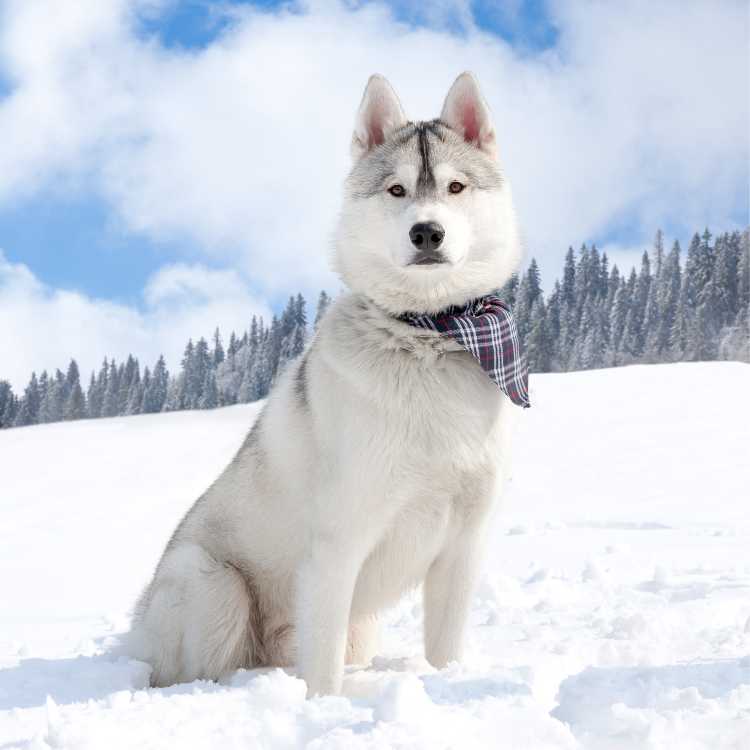
- Physical Appearance
Huskies are medium-sized dogs with a powerful, athletic build. They have a thick double coat that protects them from cold weather, making them well-suited for colder climates. They are best known for their beautiful blue or brown eyes, or sometimes one of each (heterochromia). Coat colors range from black and white to red and white, with some sporting unique markings on their faces. On average, adult Huskies weigh between 20-27 kg (45-60 lbs) and stand about 50-60 cm (20-24 inches) tall at the shoulder.
- Personality Traits
Huskies are independent and intelligent, but also social and affectionate. They enjoy being around people and other dogs, and their pack mentality means they do best in environments where they have plenty of companionship. However, Huskies can be stubborn and mischievous, often testing the limits of their owners’ patience. They are not the easiest breed to train due to their strong will, but with consistent, positive reinforcement, they can be well-behaved family pets.
- Energy Level
Huskies are incredibly high-energy dogs that require a lot of exercise. A simple walk around the block won’t suffice for these active pups—they need activities like running, hiking, or playing games that challenge them both physically and mentally. Without enough exercise, Huskies can become bored and destructive.
- Price in India
If you’re looking to buy a Husky in India, the cost can range from ₹60,000 to ₹1,50,000 depending on the breeder and the dog’s lineage. It’s important to note that maintaining a Husky in India can be challenging due to the climate, and you’ll need to invest in proper grooming, cooling solutions, and quality food to keep them healthy.
Pros and Cons of Owning a Husky Dog
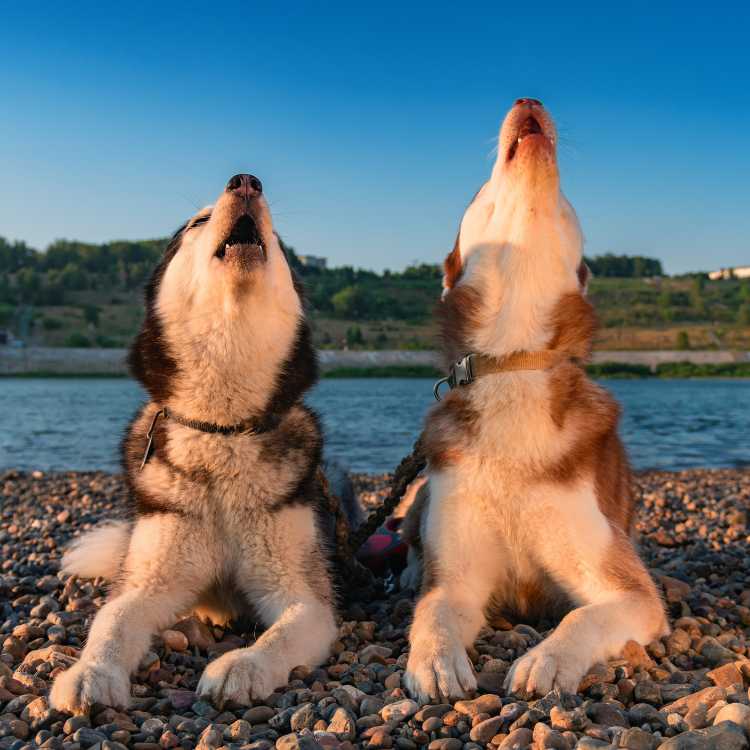
- Pros:
- Friendly and social
- Great with children and other pets
- Low barking tendency (though they do howl!)
- Loyal and protective of their family
- A stunning appearance that turns heads
- Cons:
- High exercise requirements
- Not ideal for first-time dog owners
- Stubborn and difficult to train at times
- Heavy shedders, especially during seasonal changes
- Prone to escaping if not properly secured
Is a Husky the Right Dog for Your Lifestyle?
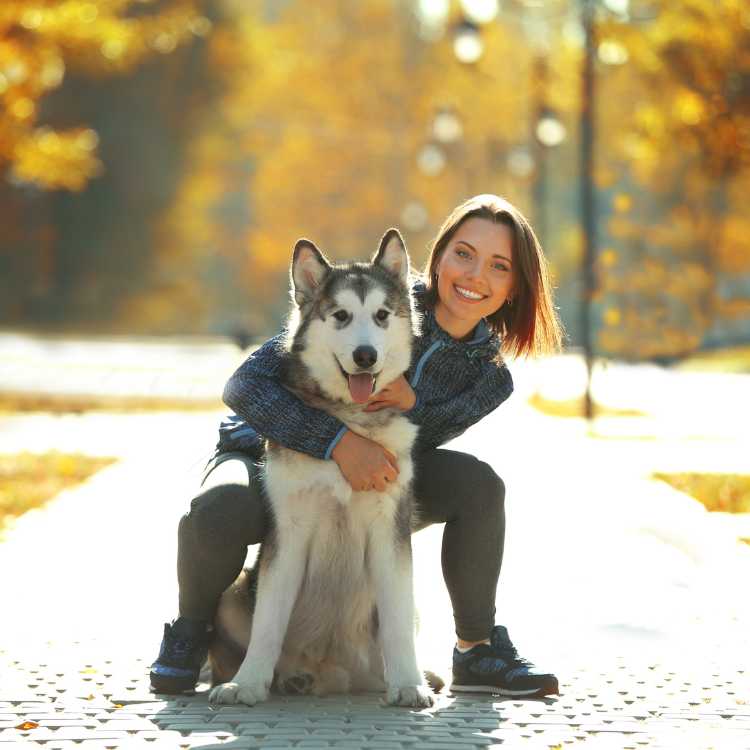
Before deciding to bring a Husky into your life, you need to consider your lifestyle. Huskies thrive in active households where they can get plenty of exercise and mental stimulation. If you live in an apartment or don’t have access to outdoor space, a Husky may not be the best choice unless you’re committed to taking them out frequently.
- Huskies are not couch potatoes—they need an owner who can keep up with their high energy levels. If you’re a runner, hiker, or someone who enjoys long outdoor activities, a Husky could be a great match. However, if you’re looking for a low-maintenance, relaxed dog, you may want to reconsider.
Training and Socialization
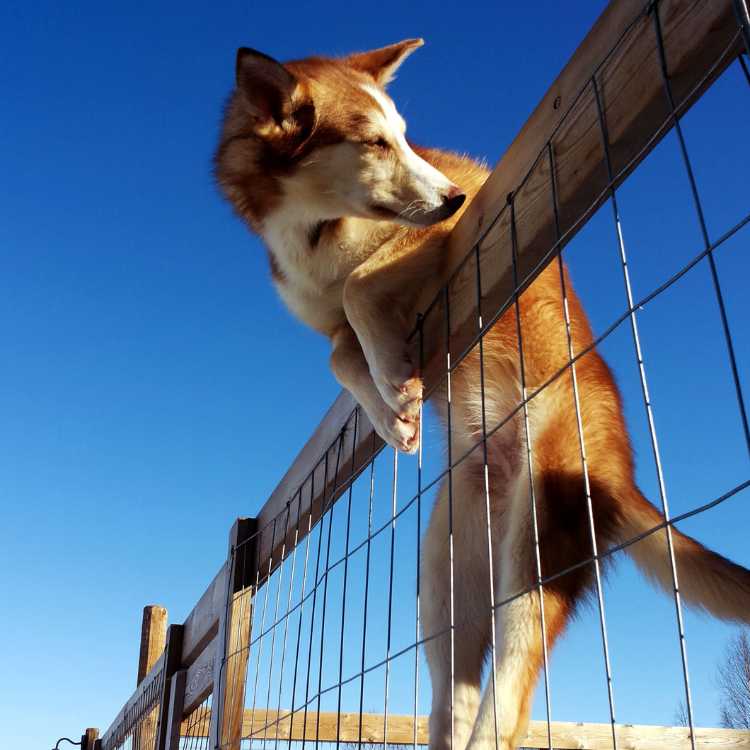
Training a Husky can be a challenge, especially for first-time dog owners. Their independent nature makes them less eager to please compared to other breeds. To successfully train a Husky, patience, and consistency are key. Positive reinforcement, rather than punishment, works best with this breed. Socialization is also crucial early on—Huskies that are exposed to a variety of people, pets, and environments tend to grow up more well-rounded and confident.
Exercise and Mental Stimulation Needs
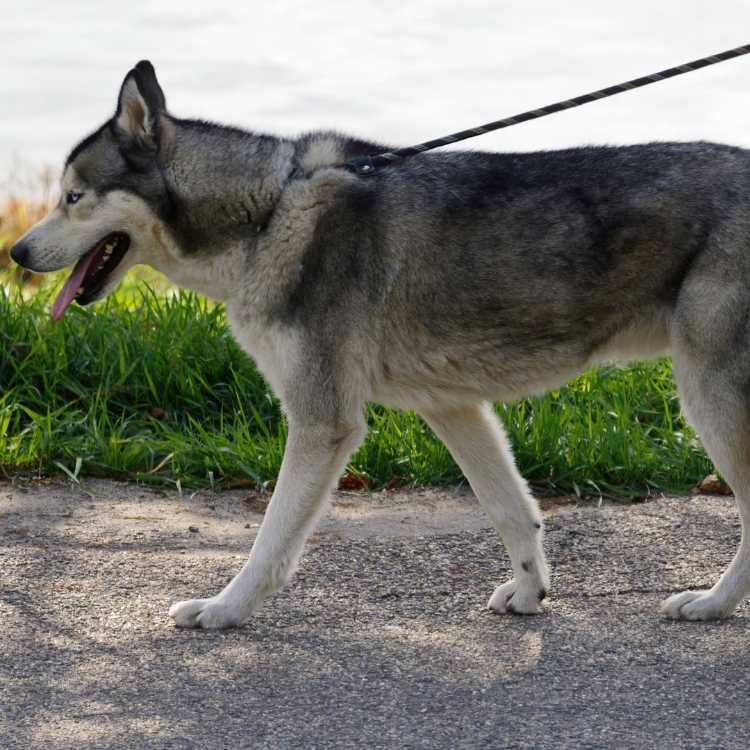
As mentioned earlier, Huskies are highly energetic dogs that require significant exercise every day. Aim for at least 1-2 hours of vigorous activity daily. Beyond physical exercise, Huskies also need mental stimulation. Puzzle dog toys, training sessions (Use good quality dog harness and leash for better control during the training sessions), and interactive play are great ways to keep them mentally engaged. If Huskies don’t get enough exercise or stimulation, they can become destructive and may start to chew or dig out of boredom.
Husky Dog Diet and Nutrition

Huskies are active dogs, so they need a diet rich in protein to maintain their energy levels. A well-balanced commercial dog food with high protein content or a raw diet can be suitable, but it’s essential to consult with your vet for the best options based on your Husky’s activity level and age. Feeding your Husky smaller, more frequent meals may help to avoid digestive issues.
Grooming and Maintenance
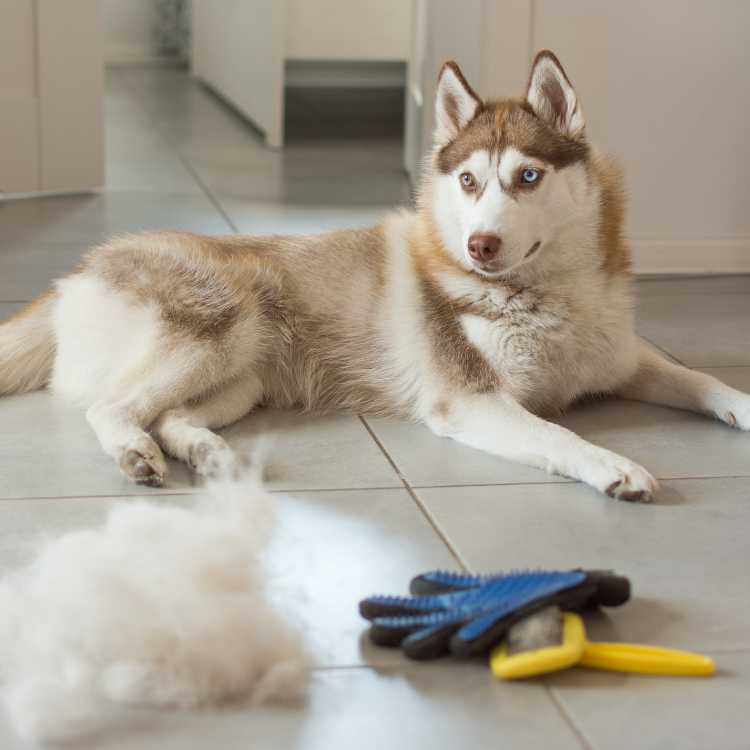
Huskies are known for their thick coats, which require regular grooming, especially during shedding season. Brushing your Husky at least a few times a week will help to remove loose fur and prevent matting. During the spring and fall, Huskies “blow” their coat, which means they shed a significant amount of fur, requiring daily brushing. Bathing should be done as needed, and regular nail trimming and dental care are also important to maintain overall health.
Health Issues and Lifespan
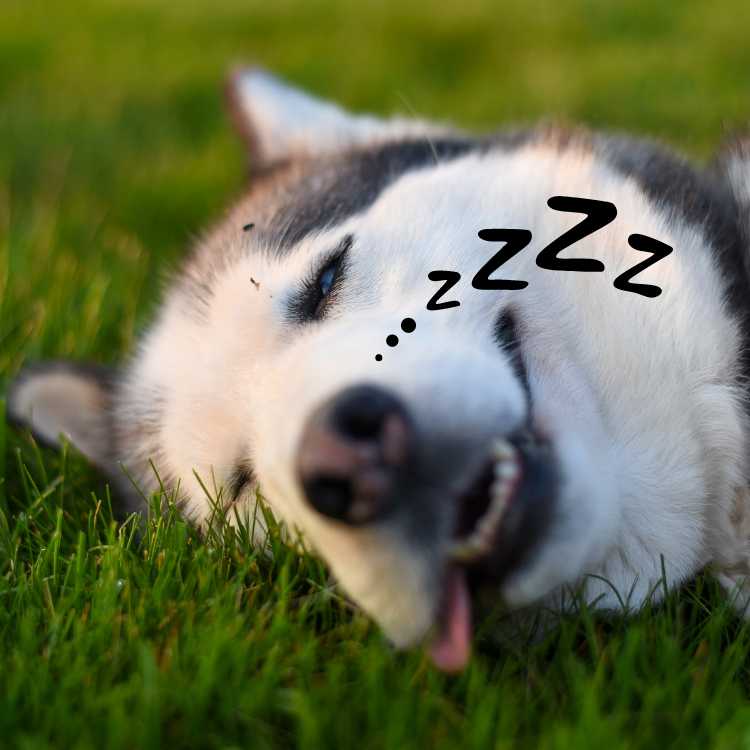
Huskies are generally healthy dogs, but like all breeds, they are prone to specific health issues. Common conditions include hip dysplasia, cataracts, and progressive retinal atrophy (PRA). Ensuring that your Husky comes from a reputable breeder who tests for genetic health conditions can help mitigate the risk of these issues. The average lifespan of a Husky is 12-15 years, so with proper care, your Husky can live a long and healthy life.
Husky Myths and Misconceptions
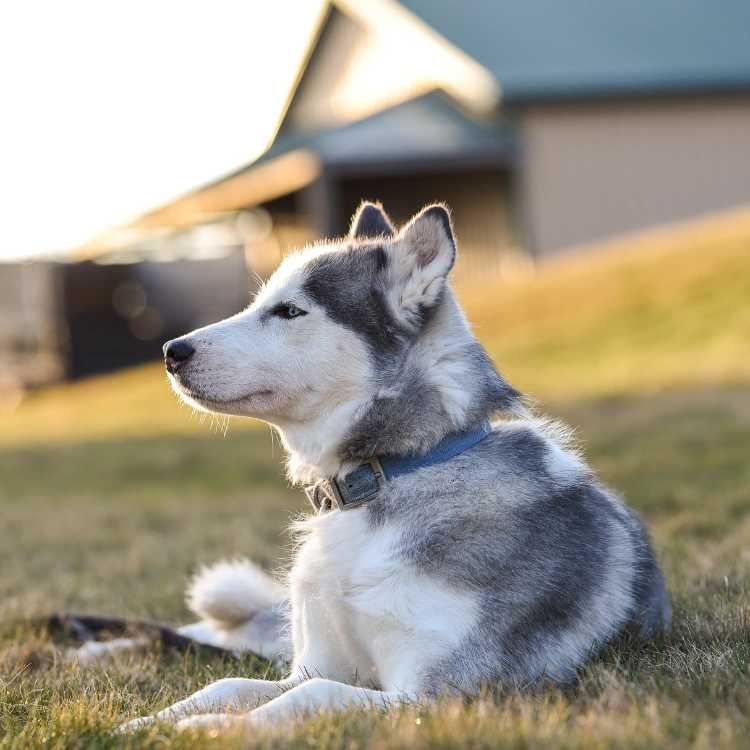
- Myth: Huskies can’t live in warm climates.
- Reality: While Huskies are built for colder climates, they can adapt to warmer areas as long as they are provided with proper care, including access to shade, water, and cooling solutions like air conditioning.
- Myth: Huskies are aggressive dogs.
- Reality: Huskies are generally friendly and social, but like any dog, their behavior depends on proper training and socialization.
Conclusion
So, is a Husky the right dog for you? If you’re an active person with the time, space, and commitment to meet their needs, a Husky can make a wonderful and loyal companion. However, if you’re looking for a low-maintenance dog that doesn’t require much exercise or training, you might want to consider other breeds. Huskies are stunning, intelligent dogs, but they come with challenges that not everyone is ready for.
Frequently Asked Questions About Husky Dog
Do Huskies get along with other pets, like cats or small animals?
Huskies have a strong prey drive, so they may not always get along with small animals like cats or rabbits. However, with proper training and early socialization, many Huskies can coexist peacefully with other pets. It’s crucial to supervise their interactions, especially in the beginning.
How do Huskies handle being left alone for long periods?
Huskies are social animals and don’t do well when left alone for long stretches of time. They can become bored and anxious, which may lead to destructive behaviors such as chewing or digging. If you work long hours, a Husky may not be the best choice unless you can provide them with adequate companionship or consider hiring a dog sitter.
Are Huskies good with first-time dog owners?
Huskies can be challenging for first-time dog owners due to their stubbornness and high energy levels. They require consistent training, patience, and an active lifestyle, which might be overwhelming for someone without prior dog experience. If you’re a first-time owner, consider researching thoroughly or seeking guidance from a trainer.
How do Huskies behave around children?
Huskies are generally friendly and do well with children. They have a playful nature that makes them great companions for older kids who can engage in physical activities. However, like any dog, it’s essential to teach both the dog and children how to interact respectfully to avoid accidents.
How vocal are Huskies?
Huskies are known for being very vocal dogs. They don’t typically bark much, but they love to howl, “talk,” and make a range of other sounds. This vocal nature can be entertaining but might not be ideal if you live in a noise-sensitive environment.
How do Huskies cope in hot climates?
While Huskies are built for cold weather, they can live in hot climates with proper care. It’s essential to provide them with access to shade, freshwater, and air-conditioned areas during the hottest parts of the day. Avoid exercising them during peak heat hours, and watch for signs of overheating.
Are Huskies good guard dogs?
Despite their intimidating looks, Huskies are not typically good guard dogs. They are friendly and social, often welcoming strangers rather than being protective. They may alert you to someone’s presence, but they are more likely to befriend an intruder than scare them off.
Do Huskies require any specific types of toys or activities?
Huskies benefit from toys and activities that challenge both their mind and body. Puzzle toys, tug-of-war ropes, and toys that encourage active play are ideal. They also love activities like running, hiking, and even participating in dog sports like agility training or sled-pulling.
How do Huskies deal with separation anxiety?
Huskies are prone to separation anxiety because of their strong attachment to their owners and social nature. If left alone for long periods without mental or physical stimulation, they may develop anxiety, leading to destructive behavior. Gradual desensitization, interactive toys, and a consistent routine can help alleviate this.



